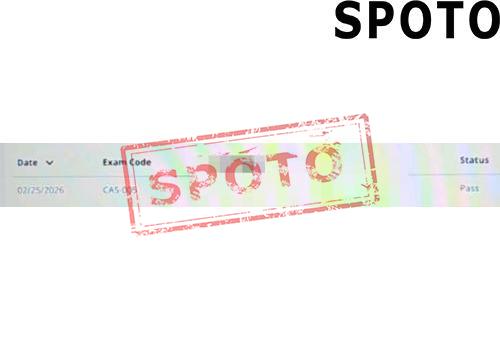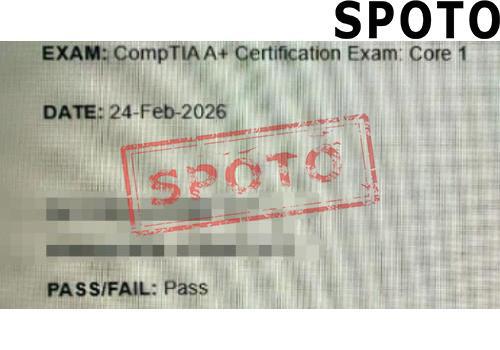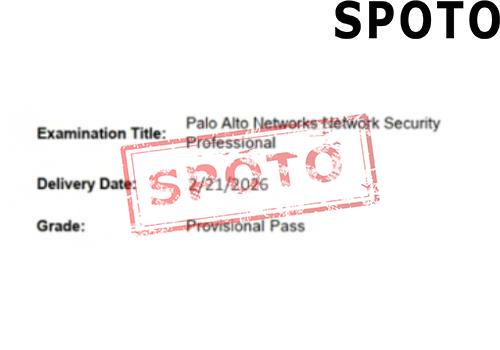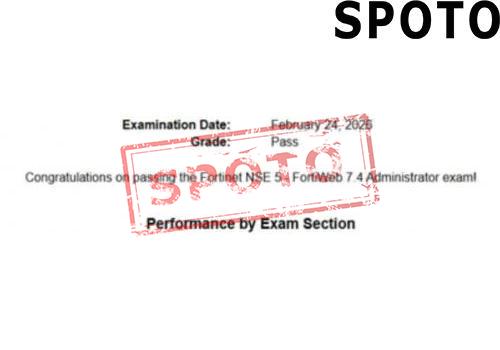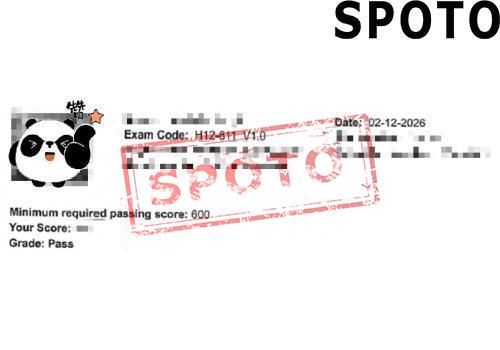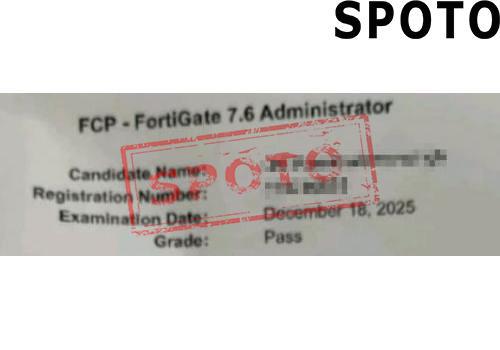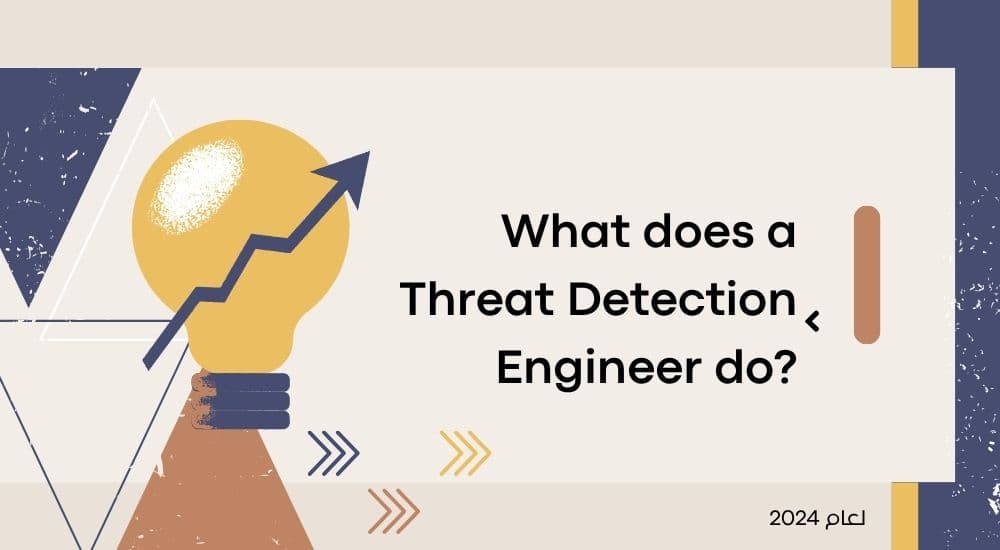
Table of Contents
A Threat Detection Engineer is responsible for identifying, detecting, and analyzing existing and potential threats in the network systems of an enterprise or organization, and providing timely feedback.This article will introduce you to what a Threat Detection Engineer is, the career information and prospects of a Threat Detection Engineer and the necessary conditions to become a Threat Detection Engineer.
1. What is a Threat Detection Engineer?
A Threat Detection Engineer is responsible for identifying, detecting, and analyzing existing and potential threats in the network systems of an enterprise or organization, and providing timely feedback.
2. How much does a Threat Detection Engineer Make?
According to Glassdoor, the average salary for threat detection engineers in the United States is $174,927 per year, with a salary range of $136,402 to $227,271. The highest earners can earn up to $285,319. The starting salary for entry-level positions is about $72,406, while the starting salary for senior positions can reach $355,377.
3. Job Outlook of Threat Detection Engineer
The U.S. Bureau of Labor Statistics predicts that the number of threat detection engineer positions will increase significantly. This growth is driven by the increasing prevalence of cyber threats and the need for enterprises to protect data and systems. As the field of cybersecurity continues to grow, the job outlook for threat detection engineers is very positive.
4. Similar Occupations of Threat Detection Engineer
- Cybersecurity Analyst
- Security Engineer
- Incident Response Specialist
- Penetration Tester (Ethical Hacker)
- Threat Intelligence Analyst
- Security Architect
- Forensic Analyst
- Vulnerability Analyst
- Cloud Security Engineer
- Security Consultant
- Cybersecurity Trainer
- Security Software Developer
5. What Are the Qualifications to Become a Threat Detection Engineer?
(1) Obtain a Bachelor's Degree
When recruiting threat detection engineer, employers usually require job seekers to have a bachelor's degree in cybersecurity, computer science, computer science or a related field. At the same time, a higher level of education can provide job seekers with a certain degree of competitiveness in the workplace.
(2) Develop professional skills
Threat Detection Engineers should first have advanced knowledge of Linux, Windows, and the cloud. The content of the rules that need to be written for different platforms is also different. In addition, the storage paths of logs are also different. Detection engineers need to understand which events in the structure may be logs belonging to attackers and write rules for them. Secondly, they should have knowledge in malware analysis, reverse engineering, and forensics. This is because they need to have high-level analytical skills to detect IOCs belonging to malware or attackers and investigate whether they are located on different machines. In addition, they need to write rules to detect possible repeated attacks in the structure based on the IOCs obtained. Furthermore, programming or scripting knowledge is also crucial, even at a basic level. Knowing regular expressions is an advantage because using regular expressions when writing rules can avoid writing expensive rules. Therefore, detection engineers must pay attention to this when writing rules.
(3) Earn Industry Certifications
Obtaining a certification that is highly recognized by the industry can prove your professional ability and ability to perform the position, and can also enhance your competitiveness in the workplace. Therefore, we recommend that you obtain the CCIE Security Lab certification.The CCIE Security Lab certification is designed to help you become a technical leader in the rapidly changing field of security technologies and solutions. Passing the CCIE Security lab exam will validate your knowledge and skills in planning, designing, operating, and optimizing end-to-end complex technologies and solutions.




